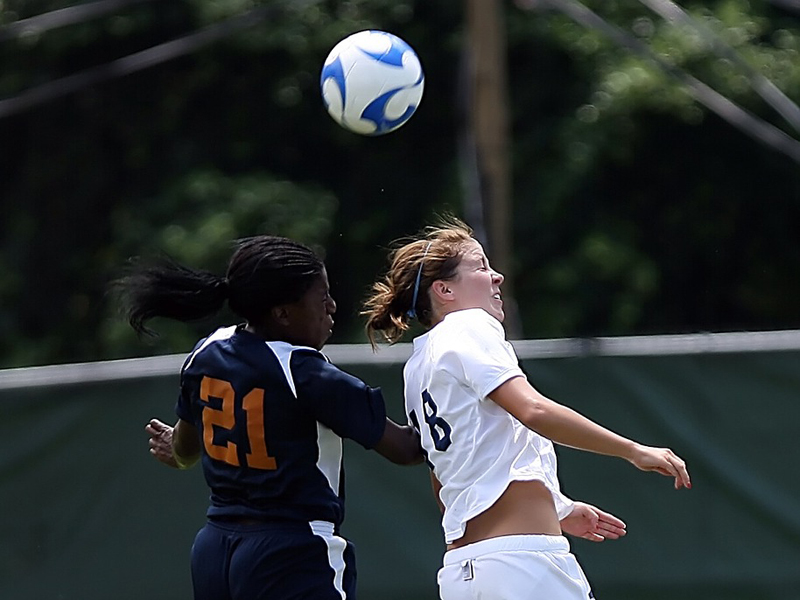Here's TMR's pick from the top medical journal articles over the past fortnight
Here’s TMR’s pick from the top medical journal articles over the past fortnight
Disinfectant and resistance
Exposing Klebsiella pneumoniae to a commonly used healthcare disinfectant can cause resistance to a last-resort antibiotic, US research finds.
Some of the K. pneumoniae strains died when exposed to the chlorhexidine-containing disinfectants, but those strains that survived gained resistance to higher concentrations than their parental strains had.
And some of those that could survive exposure to the widely-used disinfectant also gained resistance to polymyxinE, a last resort for multidrug-resistant infections.
Increased resistance to chlorhexidine could affect the ability to prevent infections in both routine and emergency surgery, the authors said.
Antimicrob Agents Chemother 2016; online 31 Oct
Shorter consults are OK
Longer GP consultations have been linked with better quality of care and health-related outcomes, but they don’t make a difference to patient happiness, UK research shows.
A study of 440 consultations across 13 general practices found patients were just as happy with the communication, as well as their trust and confidence in the doctor and overall satisfaction, regardless of the length of the consultation.
Patients reported good experiences even with consultations of a very short length, meaning that consultation length was not a complete measure of quality care.
The authors noted the importance of longer consults when necessary to achieve clinical effectiveness.
Br J Gen Pract 2016; online 25 October
Bad news for soccer fans
Repetitive heading of a soccer ball may cause small but significant brain changes and affect memory for up to 24 hours, researchers have found.
A study of 19 amateur soccer players were tested using machine-projected balls at standardised speeds to replicate a routine soccer training session. The results showed immediate and direct alterations in brain electrophysiological function, although the effects appeared temporary.
Players also performed more poorly on memory tests, with decreases in both long and short-term measures straight after the session, compared with beforehand.
“Albeit apparently transient, the acute increases in corticomotor inhibition following football heading could trigger a pathological process damaging brain health through the accumulative effect of sub-concussive head impact,” the researchers said.
HDL versus LDL
Raising high-density lipoprotein (HDL) levels may not lower the odds of patients dying of heart disease, a study shows.
While statins mitigate the risk of heart disease by lowering low-density lipoprotein cholesterol (LDL), researchers have been investigating whether raising HDL might have a similar effect.
But a study of 631,762 Canadians showed low HDL cholesterol levels were unlikely to represent a cardiovascular specific risk factor “given similarities in its associations with non-CV outcomes”, the authors wrote.


